Iran has produced 200g of 20%-enriched uranium metal: UN nuclear agency
The UN nuclear agency says Iran has made progress in its work on enriched uranium metal, as Tehran and the remaining signatories to a 2015 agreement on Iran's nuclear program are making efforts to revive the deal, which was abandoned by the US in 2018.
"On 14 August 2021, the Agency verified ... that Iran had used 257 g of uranium enriched up to 20% U-235 in the form of UF4 (uranium tetrafluoride) to produce 200 g of uranium metal enriched up to 20% U-235," the International Atomic Energy Agency (IAEA) said in a report to member states on Monday seen by Reuters.
It added that this was step three in a four-step plan by Iran, which Tehran said were aimed at developing fuel for a research reactor. The fourth includes producing a reactor fuel plate.
Iran's representative to the international organizations in Vienna said in July that the Islamic Republic would soon produce enriched uranium metal and that the country had earlier informed the United Nations nuclear watchdog of the move.
Kazem Gharibabadi added that the uranium silicide plate enriched to 20 percent purity would be used as fuel for a research reactor in the capital, Tehran.
His remarks came after the IAEA said in a statement that Iran intends to use domestically enriched uranium (U-235) with 20 percent purity as fuel in the Tehran reactor.
"Today, Iran informed the Agency that UO2 (uranium oxide) enriched up to 20% U-235 would be shipped to the R&D laboratory at a plant in Esfahan, where it would be converted to UF4 (uranium tetrafluoride) and then to uranium metal enriched to 20% U-235, before using it to manufacture the fuel," the statement said.
Since April, representatives from Iran and the remaining signatories to the JCPOA -- Britain, France, Germany, Russia and China -- have been holding face-to-face talks in the Austrian capital aimed at bringing the US back to compliance and putting the deal back on track.
So far, six rounds of negotiations have been held in the Austrian capital, as a result of which, according to participants, “significant progress” has been made in the course of the “constructive” and “businesslike” talks.
However, disagreements have persisted over a number of issues, including how to sequence the US sanctions removal, with Tehran arguing that since Washington was the party that violated the terms of the agreement, it should take the first step back into compliance with the deal by removing its unilateral sanctions.
Iran’s President Ebrahim Raeisi told his French counterpart Emmanuel Macron on August 9 that the rights of the Iranian nation must be guaranteed in any negotiations and its interests must be met.
Emphasizing that both the United States and European countries must fulfill their obligations as per the nuclear deal, Iran’s president said, “The rights of the Iranian nation must be guaranteed in any negotiations and the interests of our nation must be met.”
Iran advises US to avoid ‘destructive’ Israeli influence amid Oman talks
VIDEO | 'Not in my name': Pro-Palestinian rally held in Sydney against Israeli president's visit
VIDEO | Spain railway strike: Unions call for increased safety after deadly train crashes
Threats will be met with ‘more forceful and wider’ response: Iran’s armed forces
Without trust-building, talks with US will be futile: Iranian diplomat
Hezbollah slams Israel's abduction of Lebanese group official in raid
Maxwell’s silence in Epstein case sparks claims about White House cover-up
Pezeshkian: Iran not after war; economic pressure meant to tarnish government


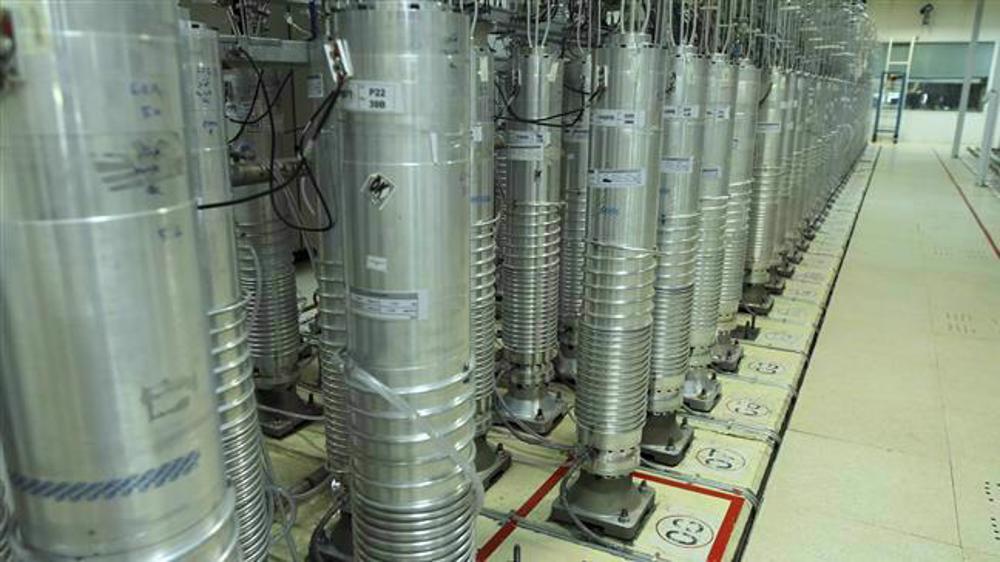

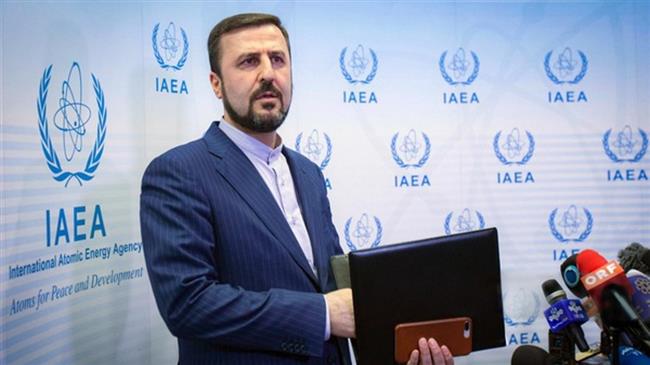
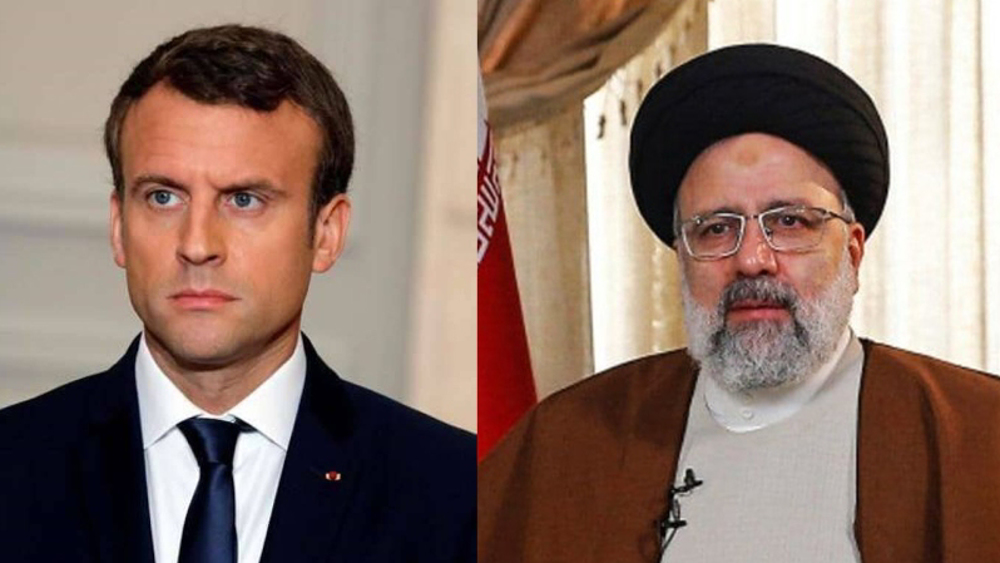
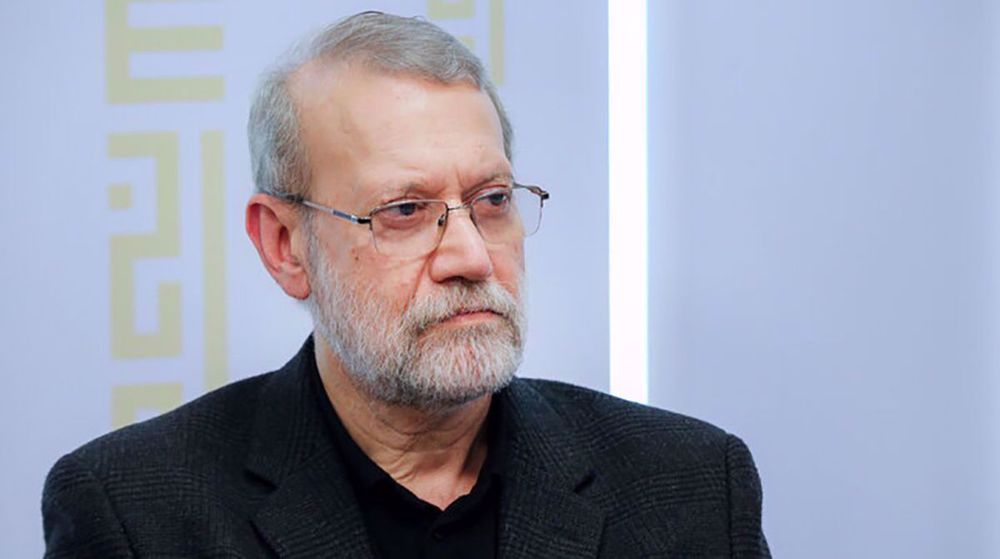
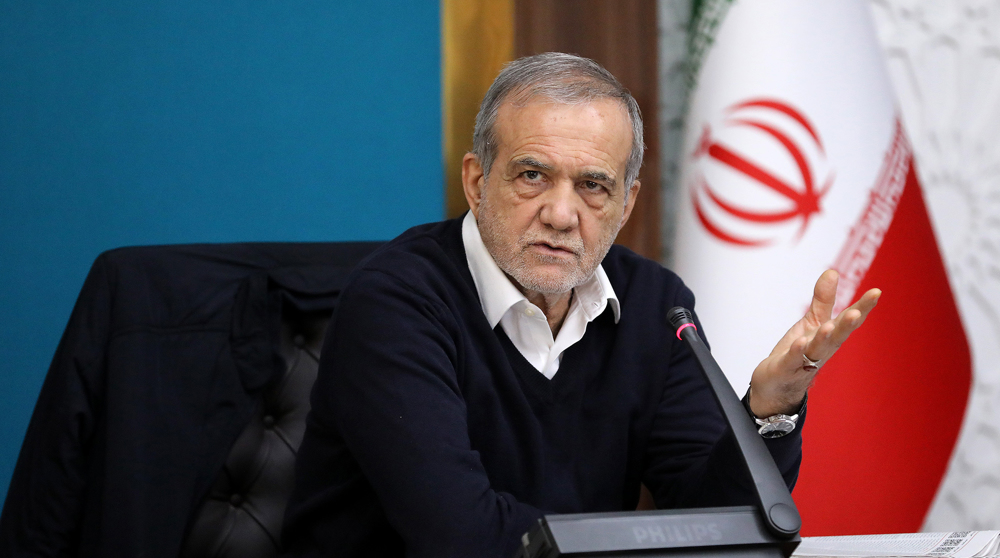
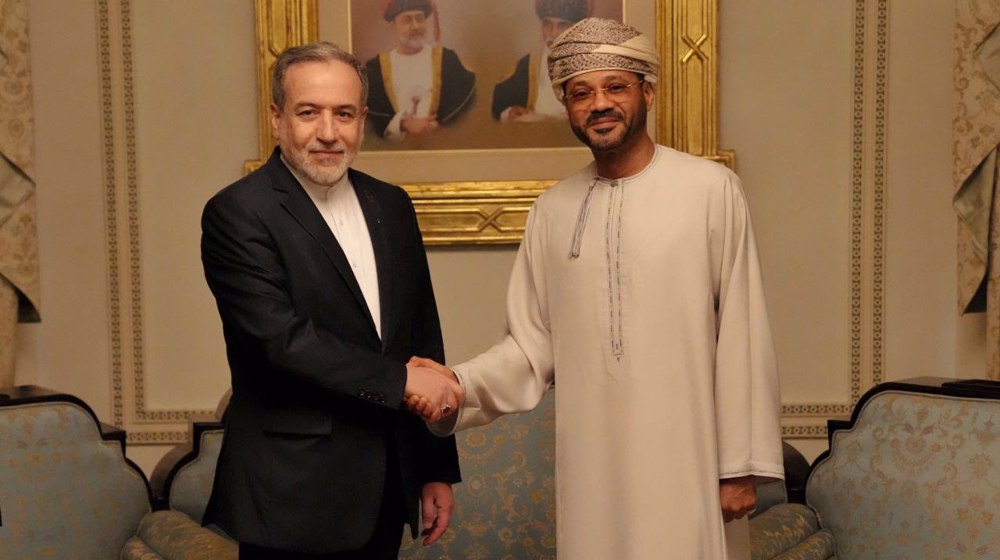




 This makes it easy to access the Press TV website
This makes it easy to access the Press TV website